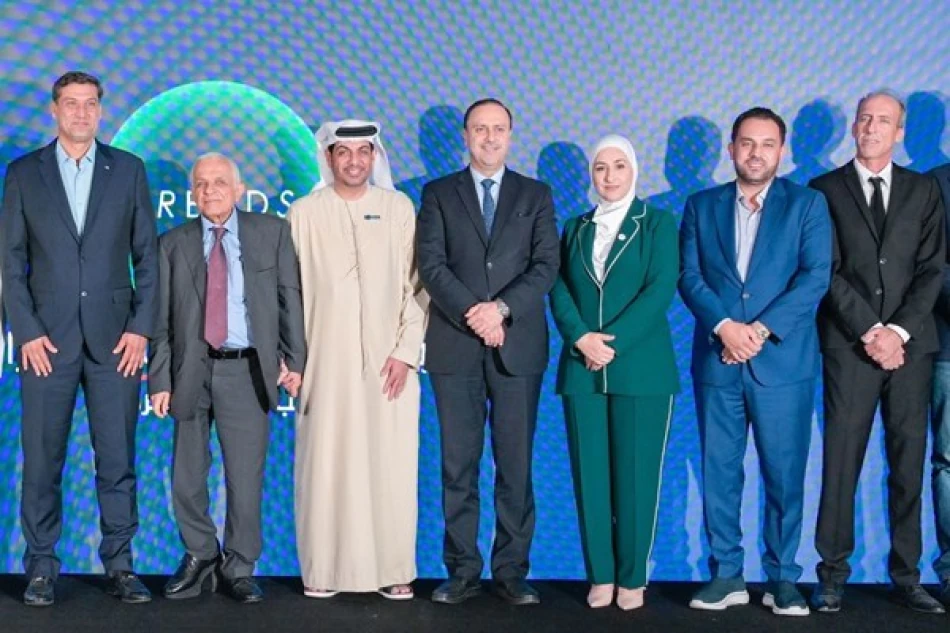
Digital Trends Launches Virtual Office in Amman, Jordan
UAE Think Tank Expands Regional Influence with New Jordan Office
The Trends Research & Advisory Center has opened a virtual office in Amman, Jordan, marking a strategic expansion that strengthens the UAE-based think tank's growing influence across the Middle East. The move signals a broader push by Gulf research institutions to build intellectual partnerships beyond their borders and shape regional policy discussions.
Strategic Location Choice
Jordan's capital wasn't picked by accident. The kingdom sits at the crossroads of multiple regional conflicts and serves as a stable hub for international organizations and diplomatic missions. For a think tank looking to influence Middle Eastern policy debates, Amman offers access to key decision-makers while maintaining the neutrality needed for serious research work.
Dr. Mohammed Al Ali, Trends' CEO, described the Amman office as a "prominent milestone" in the center's global research expansion. The choice reflects Jordan's unique position as a regional mediator and its strong ties with both Western governments and Arab neighbors.
High-Level Government Support
The office launch drew significant political backing. Jordan's Government Communication Minister Dr. Mohammed Hussein Al-Momani attended the opening ceremony, alongside former minister Dr. Mohannad Mubaideen. This level of government participation suggests Jordan sees value in hosting UAE intellectual influence.
The event also attracted academics, researchers, and media figures, indicating the office aims to build networks beyond just government circles. This approach mirrors successful think tank strategies in Washington D.C. and London, where influence comes from engaging multiple stakeholder groups simultaneously.
Technology-Driven Research Approach
The Amman office plans to use artificial intelligence and modern technology to support its research activities. This tech-forward approach sets it apart from traditional regional research centers that often rely on conventional analysis methods.
The office will focus on producing in-depth studies, organizing specialized conferences, and hosting research events. But the real value lies in its ability to provide "strategic and objective readings" on current and future issues to decision-makers across the region.
Broader Regional Implications
This expansion reflects a larger trend of Gulf states projecting soft power through intellectual institutions. The UAE has been particularly active in this space, establishing research centers and cultural institutions across the Middle East and beyond.
Jaafar Al-Zoubi, director general of Jordan's Al-Mamlaka TV, called the opening a step that "embodies the depth of fraternal relations" between the two countries. This language suggests the office serves diplomatic purposes alongside its research mission.
What This Means for Regional Influence
Think tanks often serve as informal diplomatic channels, especially in regions where direct government-to-government communication can be complicated. By establishing a presence in Jordan, Trends positions itself to influence policy discussions across the Levant while maintaining plausible distance from direct UAE government positions.
The timing is significant. The Middle East faces multiple ongoing crises, from Syria's reconstruction to normalization between Arab states and Israel. Having research capacity in Jordan puts Trends closer to these evolving situations and the decision-makers trying to navigate them.
For Jordan, hosting this UAE institution brings intellectual capital and potentially strengthens economic ties with the Gulf. The kingdom has long balanced relationships with various regional powers, and this partnership fits that pattern while offering access to UAE resources and networks.
Most Viewed News

 Layla Al Mansoori
Layla Al Mansoori






